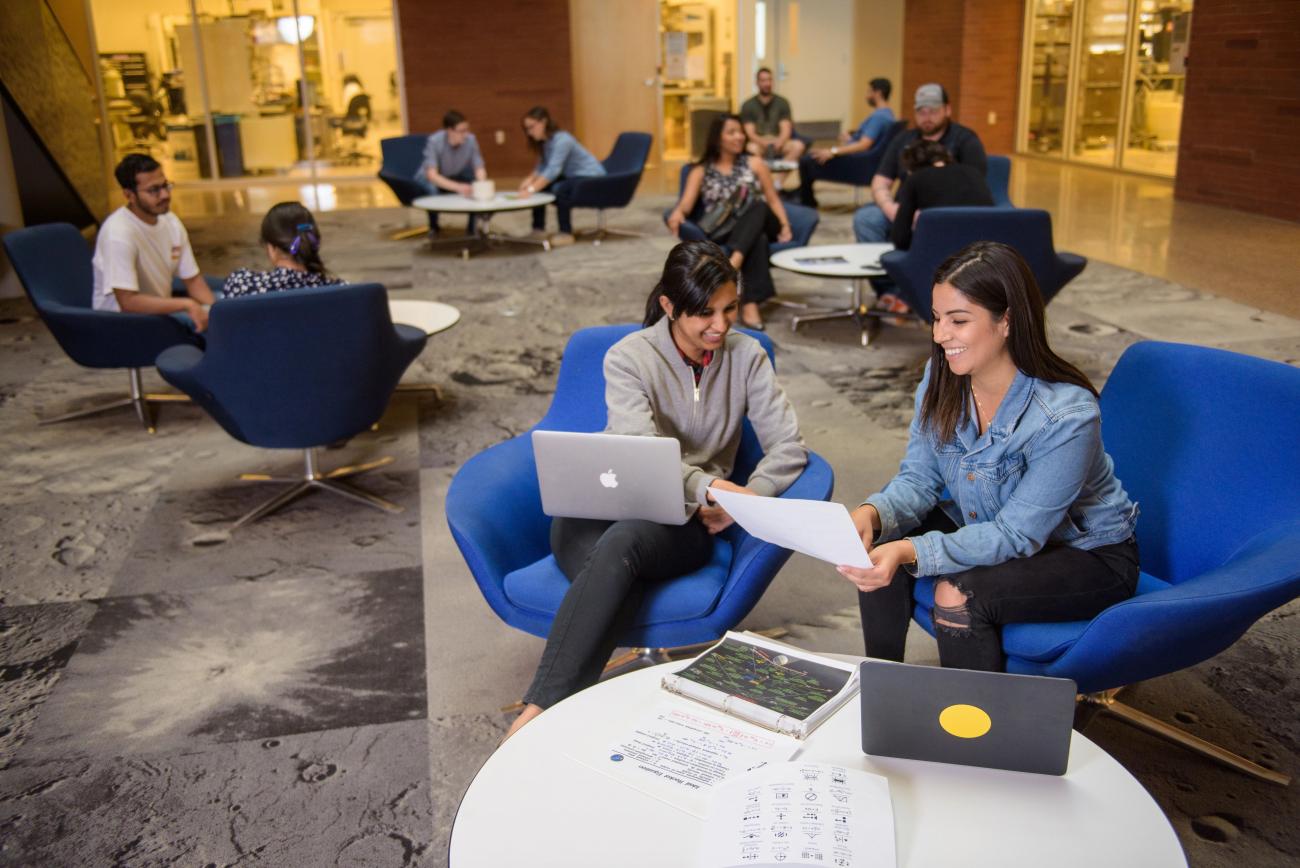Centers
Center for Asian Research
Established in 1966 by the Arizona Board of Regents, the Center for Asian Research promotes the study of Asia among faculty, students and the community. It is the only center of its kind in Arizona and brings together more than 70 faculty members in disciplines and professional programs across the university who engage in research and teaching on topics concerning this part of the world.
Hispanic Research Center
The Hispanic Research Center at ASU is an interdisciplinary unit dedicated to research and creative activities that is university-wide but administered through the College of Liberal Arts and Sciences. The HRC performs basic and applied research on a broad range of topics related to Hispanic populations, disseminates research findings to the academic community and the public, engages in creative activities and makes them available generally, and provides public service in areas of importance to Hispanics.
The Melikian Center: Russian, Eurasian & East European Studies
The Melikian Center is a comprehensive research and training center with both instructional and research missions. As an instructional unit, the Center sponsors the Critical Languages Institute, one of the largest summer training academies for intensive training in less commonly taught East European and Eurasian languages. As a research unit, the Melikian Center capitalizes on its partnerships with more than a dozen East European and Eurasian universities to build programs of academic exchange, international development, and collaborative research.
Institutes
Humanities Institute
The Humanities Institute generates and supports transformative, transdisciplinary, collaborative, and socially engaged humanities scholarship that contributes to the analysis and resolution of the world’s many challenges. IHR scholars explore such issues and concepts as sustainability, human origins, immigration, and natural disasters and utilize historical, philosophical, and creative perspectives to achieve a deeper understanding of their causes, effects, and cultural meanings.
Critical Languages Institute
Founded in 1991 as a boutique program for ASU graduate students studying Macedonian, the CLI has evolved into one of the largest summer training facilities in the U.S. for less commonly taught languages, offering courses in 9 languages at up to 5 levels to over 150 students each summer.
Councils
Council for Arabic and Islamic Studies
The Council for Arabic and Islamic Studies was established at Arizona State University to facilitate and enhance teaching and research in diverse fields of Arabic and Islamic studies. The Council seeks also to promote multiculturalism, diversity, inter-faith dialogue, and cross-cultural understanding, as well as to develop constructive academic and cultural interactions and partnerships within ASU and in the Arab and Muslim worlds.
Southeast Asia Council
The Southeast Asia Council brings together faculty, graduate students and associates who share an academic interest in the region (including Brunei, Burma (Myanmar), Cambodia, Indonesia, Laos, Malaysia, the Philippines, Singapore, Thailand, Timor Leste, and Vietnam). The Council represents a broad range of disciplines, with faculty in anthropology, business, communications, English, global studies, history, justice and social inquiry, music, political science, and religious studies. Through the School of International Letters and Cultures, members of the Council teach three Southeast Asian languages (Indonesian, Thai, and Vietnamese).
EMIT Society
The EMIT Society intends to advance the study of images and texts in the Early Modern Period, as well as the theory and praxis that unite the visual and the textual in the creative process of artists.
EMIT Society fosters collaborative opportunities between members in the form of bi-annual international, conferences, books, and special issue journals.
Partners
Central European Collaborative
The mission of the Central European Collaborative is to focus on Romania's cultural identity and to foster a mutually beneficial dialogue between ASU faculty and students, and Romanian dignitaries, universities, and artist groups of both countries by creating a bridge of mutual understanding and cooperation between American and Romanian universities and communities.
The Central European Cultural Collaborative aims to build academic exchanges and foster intercultural communication between the countries of Europe and the United States.The Collaborative achieves this mission by facilitating numerous cultural, artistic, and scholarly exchanges between U.S. faculty and students, and faculty at Romanian academic institutions and all other cultural and academic organizations from East-Central Europe.
Spanish Initiative in China
Our Spanish Faculty has been cultivating a relationship with various institutions to strengthen the Spanish-Chinese ties. Their efforts are growing across the world and are making an impact on the Spanish-Chinese political, economical, communal and educational relationships.
ASU, the School of International Letters and Cultures more specifically, has brought together a variety of institutions around the world to develop 3 key conferences:
-
Sichuan University
-
University of Chicago Center, Renmin University
-
Center for Argentinian Studies, Beijing
